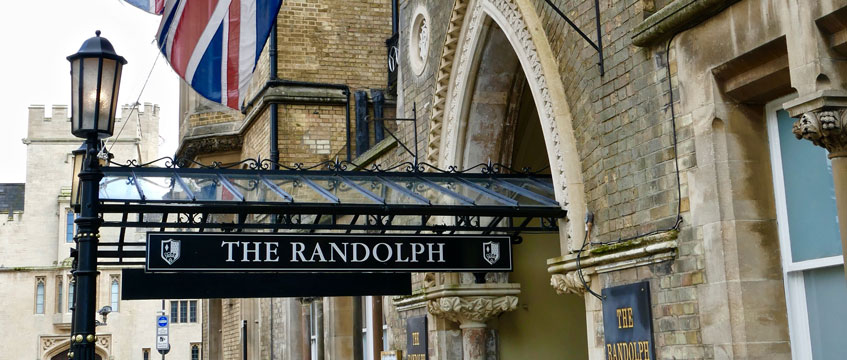Macdonald Hotels loses £102m claim against Bank of Scotland
Macdonald Hotels has failed in its bid to sue Lloyds Banking Group’s Bank of Scotland for more than £100m over claims that Lloyds’ Business Support Unit forced it to sell three luxury hotels and a parcel of land at a disadvantageous price.
In a ruling handed down today High Court judge Judge Pelling KC dismissed the claim saying that the bank acted within it rights and MHL had not managed to prove its case.
In a six-week trial that started in October, lawyers for Macdonald Hotels argued that by forcing the sale of the hotels, Bank of Scotland acted in bad faith and the bank should have given the company more time reduce its debts.
Macdonald Hotels has failed in its bid to sue Lloyds Banking Group’s Bank of Scotland for more than £100m over claims that Lloyds’ Business Support Unit forced it to sell three luxury hotels and a parcel of land at a disadvantageous price.
In a ruling handed down today High Court judge Judge Pelling KC dismissed the claim saying that the bank acted within it rights and MHL had not managed to prove its case.
In a six-week trial that started in October, lawyers for Macdonald Hotels argued that by forcing the sale of the hotels, Bank of Scotland acted in bad faith and the bank should have given the company more time reduce its debts.
The properties in question are the Randolph Hotel in Oxford, the Old England Hotel on Lake Windermere, the Marine Hotel in North Berwick and land at Botley Park in Hampshire. During the case, the Botley Park claim was discontinued.
According to Macdonald Hotels’ lawyers, before the financial crisis of 2008, the company had a good working relationship with its long-term banker Bank of Scotland. The bank supported it during its expansion in the 1990s, and the current company was created by a management buyout backed by Bank of Scotland in 2003.
However, following Bank of Scotland’s merger with Lloyds Banking Group in 2009, the relationship changed as the bank began “aggressively reducing the size of its commercial loan book by requiring borrowers… to pay down debt by selling assets,” Macdonald Hotels alleged.
Macdonald Hotels claims that the bank, through its Business Support Unit, started to “apply pressure” on the company to sell its “most valuable assets”, starting with the Randolph Hotel in Oxford.
Lawyers for the bank, however, denied all allegation of bad faith and argued that the claim was “fundamentally flawed and without merit”.
At trial they said that, in 2010, Macdonald Hotels was “over leveraged and outside of the risk appetite of the bank and the lending market generally”.
They also argued that Macdonald Hotels was unable to generate enough money “to invest in necessary improvements to a tired hotel estate”.
The bank, the lawyers said, gave Macdonald Hotels more than five years to reduce its debts and “on a number of occasions” could have triggered a non-consensual insolvency” but instead gave the company more time to reduce its debt.
In his ruling, the judge backed the bank.
He said that Macdonald Hotels hadn’t managed to prove its case in relation to the Randolph Hotel, and that the bank was within its right to require a reduction in debt.
On the Old England and Marine Hotels, the judge rejected allegations that executives at the bank had acted “vindictively” due to a disagreement with Andy Cumming, the former head of the Business Support Unit.
Instead, the judge said that Cumming “attempted to broker a consensual outcome” which led to the bank’s credit committee giving MHL more time to reduce its debts.
“The claim fails and is dismissed,” the judge said.
Macdonald Hotels had been claiming a total of £102m plus interest.
(1) Macdonald Hotels Ltd (2) Macdonald Botley Park Ltd v Bank of Scotland plc
Commercial Court (Judge Pelling KC) 24 Jan 2025
Image © Geoffrey Swaine/Shutterstock











